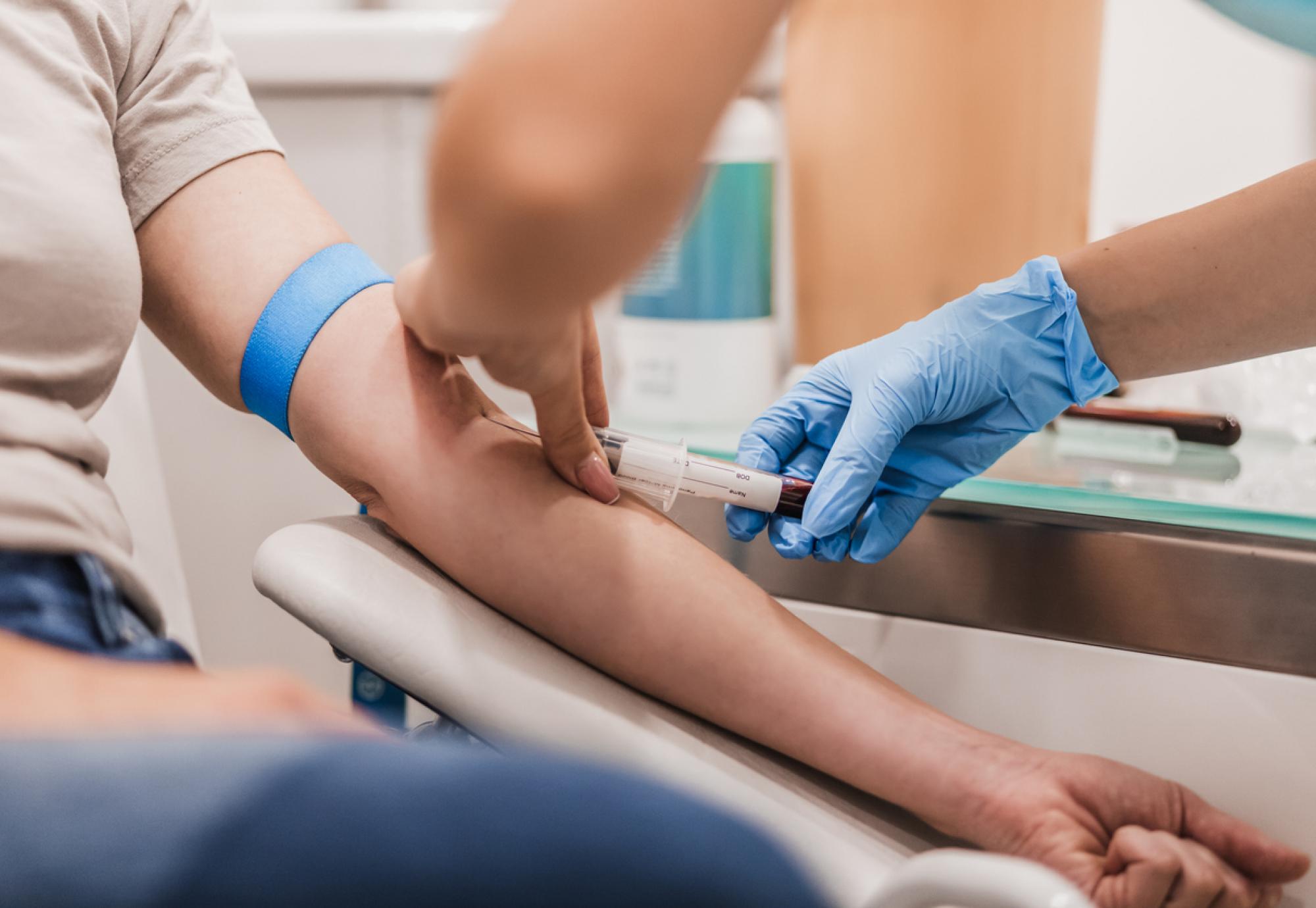Thousands of NHS patients will have access to a world’s first ‘blood matching’ genetic test to better pair people for blood transfusions, NHS England (NHSE) has announced.
Approximately 18,000 people with sickle cell disorder and thalassaemia will be eligible for the test, which is expected to help curb side effects and enable more personalised care.
DNA analysis will allow the health service to be more precise when matching people, especially those with complex needs.
While life-saving transfusions are regularly used to treat inherited blood disorders, around a fifth of patients develop antibodies against certain blood groups. This can then lead to treatment delays for these patients.
To try and stop this, NHSE and NHS Blood and Transplant have partnered to encourage patients with sickle cell, thalassaemia, and transfusion-dependent rare inherited anaemias to take the test.
Professor Bola Owolabi, NHSE director of health inequalities, said: “Being able to provide high-quality and more personalised care to people with inherited blood disorders is an important step forward in helping to reduce health inequalities and this innovative test will greatly improve quality of life for people living with these disorders.”

England has around 17,000 people living with sickle cell disorder, with 250 new cases recorded each year. The condition can cause severe organ damage and immense pain. It is more common among those of black African and Caribbean heritage.
Meanwhile, there are approximately 800 thalassaemia patients in England and fewer than 50 new cases a year. Those with the condition cannot produce enough haemoglobin which can ultimately cause potentially fatal anaemia if left untreated.
The condition is most common in people with Asian, middle eastern, and southern Mediterranean heritage.
John James, the chief executive at the Sickle Cell Society, said: “We welcome this significant advancement in enhancing care for individuals with sickle cell disorder.”
He continued: “With the introduction of this innovative test, we take a remarkable stride towards achieving better blood matches for all those living with the condition.”
Image credit: iStock



















